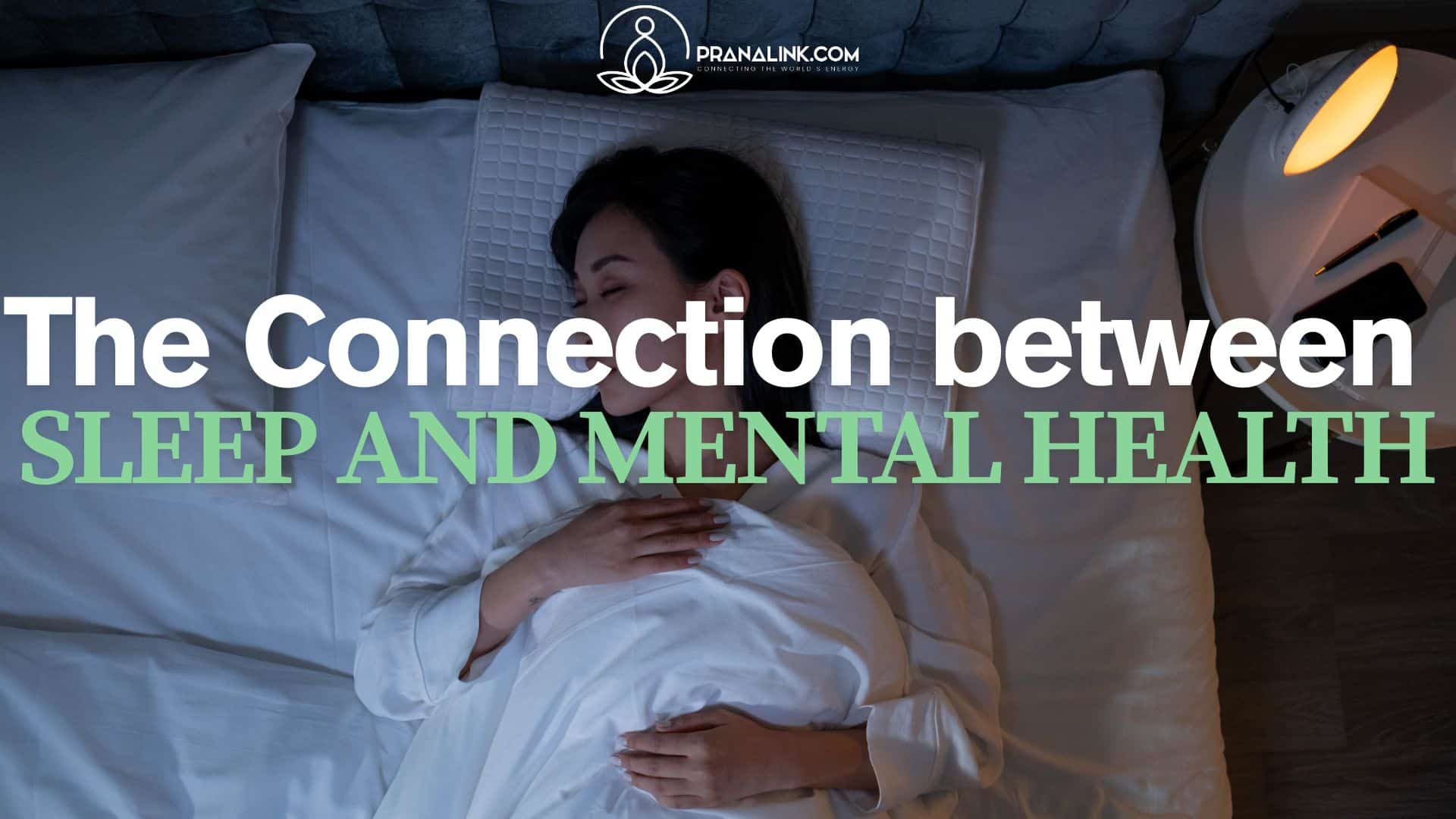The Connection between Sleep and Mental Health: All You Need to Know Leave a comment
The understanding between sleep and mental health provides people with the tool to protect their overall physical and mental well-being better. The experience of tossing and turning throughout an entire night results in feeling sluggish and unfruitful and making you highly irritable the following day. The situation with poor sleep quality remains beyond a mere side effect pattern. When your brain produces this warning it may indicate problems beneath the surface. Mental and overall health benefit from sleep more substantially than most people realize.
How Sleep Impacts Mental Health
Resting your body during sleep time actually triggers an increased brain operation that functions to process thoughts and emotions while removing mental obstacles. Time cut short or sleep disturbance stops your brain from performing its essential duties.
Research demonstrates that people with continual sleep disturbances will likely develop depressive disorders along with anxiety or mood disorders. The deterioration from chronic sleep problems eventually leads to full mental health conditions after weeks or months of insufficient sleep. But a single night of bad sleep causes irritation and difficulty concentrating.
Sleep and Mental Health Disorders Create a Causal Relationship
These two conditions affect each other in a reciprocal manner. People affected by mental illness usually experience disturbances in their normal sleep patterns. Your worrying mind reaches speeds of 1000mph which creates difficulties for you to fall asleep. Depression usually drives someone to experience abnormal sleep patterns which results in hypersomnia.
Patients with PTSD develop nightmares and flashbacks when they sleep while bipolar disorder results in alternating periods of manic wakefulness and depressive periods of severe sleepiness.
The intricate relationship between well-being and sleep patterns creates a need to study them both closely when attempting treatment.
The Connection between Sleep and Mental Health: All You Need to Know
The experience of tossing and turning throughout an entire night results in feeling sluggish and unfruitful and making you highly irritable the following day. The situation with poor sleep quality remains beyond a mere side effect pattern. When your brain produces this warning it may indicate problems beneath the surface. Mental and overall health benefit from sleep more substantially than most people realize.
How Sleep Impacts Mental Health
Resting your body during sleep time actually triggers an increased brain operation that functions to process thoughts and emotions while removing mental obstacles. Time cut short or sleep disturbance stops your brain from performing its essential duties.
Research demonstrates that people with continual sleep disturbances will likely develop depressive disorders along with anxiety or mood disorders. The deterioration from chronic sleep problems eventually leads to full mental health conditions after weeks or months of insufficient sleep. But a single night of bad sleep causes irritation and difficulty concentrating.
Sleep and Mental Health Disorders Create a Causal Relationship
These two conditions affect each other in a reciprocal manner. People affected by mental illness usually experience disturbances in their normal sleep patterns. Your worrying mind reaches speeds of 1000mph which creates difficulties for you to fall asleep. Depression usually drives someone to experience abnormal sleep patterns which results in hypersomnia.
Patients with PTSD develop nightmares and flashbacks when they sleep while bipolar disorder results in alternating periods of manic wakefulness and depressive periods of severe sleepiness.
The intricate relationship between well-being and sleep patterns creates a need to study them both closely when attempting treatment.
The significance of quality sleep plays an essential role in your emotional strength. The implementation of proper sleep habits can bring dramatic changes to your physical well-being as well as mental health condition.
Final Thoughts
Rest needs to be considered essential because it functions as both a fundamental emotional and mental strength and a basis for clear thinking and healthy well-being. Your commitment to obtaining quality sleep creates a healthier version of yourself that also becomes stronger.


